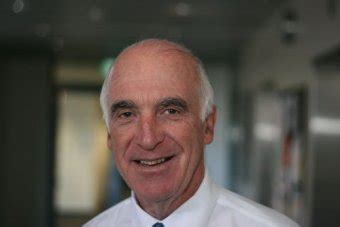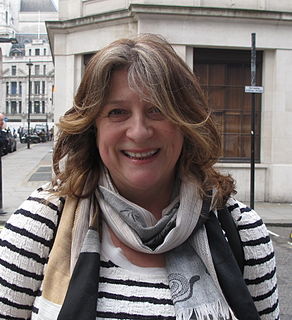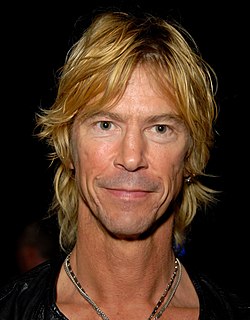A Quote by Ned Beatty
I've had this problem since I was in my 20s. They don't call it manic depression anymore. They call it a bipolar disorder, and I'm a Type 2.
Quote Topics
Related Quotes
Manic depression is a type of depression, technically, and it's the opposite of uni-polar. Manic depression is also called bi-polar disorder. Some people don't like to call it that because they think it makes it sound too nice, when the reality is if you have manic-depression you have manic-depression.
I learned that I suffered from bipolar II disorder, a less serious variant of bipolar I, which was once known as manic depression. The information was naturally frightening; up to 1 in 5 people with bipolar disorder will commit suicide, and rates may even be higher for those suffering from bipolar II.
If I were to peruse a survey of label options, as they exist now, they either sound like a time bomb disorder or manic depression or Bipolar divide or mental illness. How can I find an identity in that? It certainly isn't something I can bring up in conversation, without a reaction of judgement or even fear.
My mother was quite poorly. She suffered from bipolar disorder, which at that time was called manic depression. She spent a lot of time in psychiatric hospitals, and my father was away a lot with the RAF and then with his job in civil aviation, so I was raised in part by my sisters and my godmother, Sylvia.

































